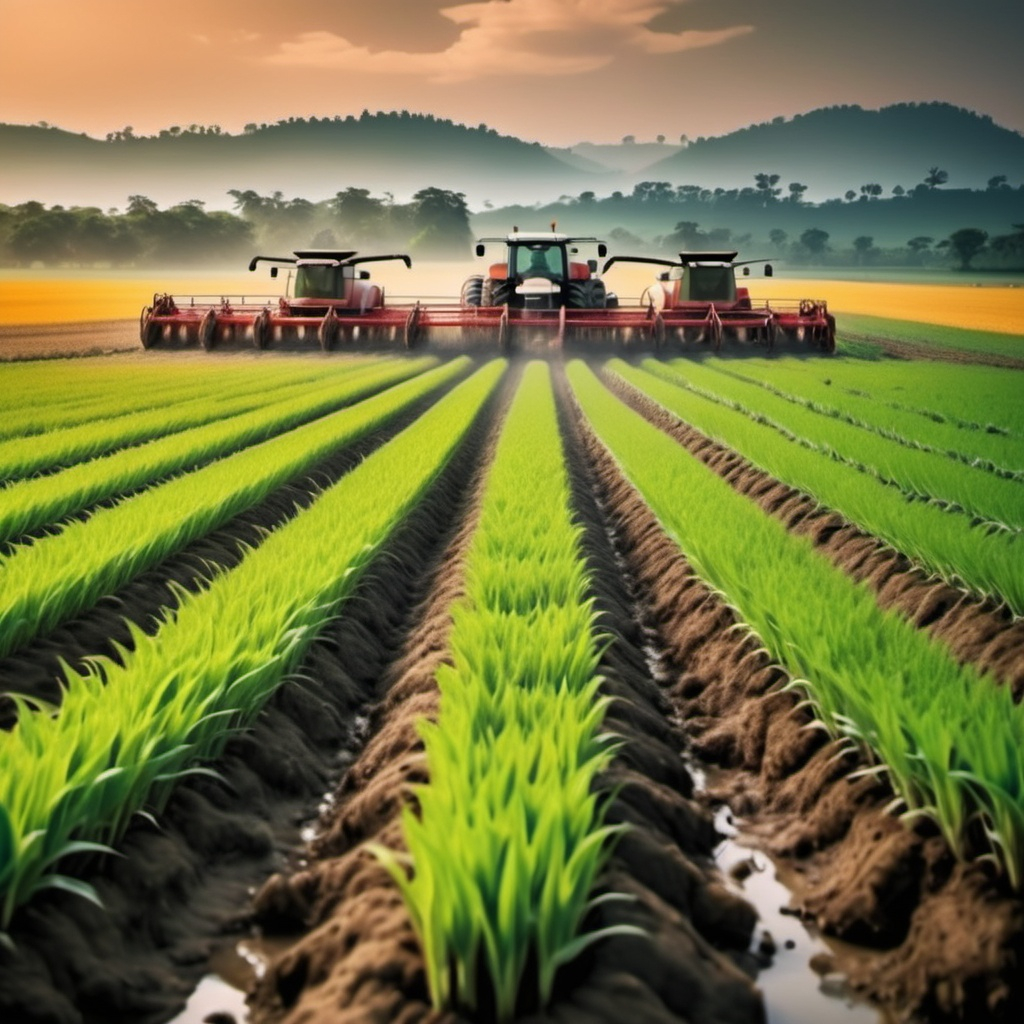
What is Agriculture?
Agriculture is the practice of cultivating soil, growing crops, and raising livestock for human consumption and use. It encompasses various activities such as planting, harvesting, irrigation, animal husbandry, and the management of resources to produce food, fiber, and other products. Agriculture is fundamental to human civilization as it provides the primary source of sustenance and economic livelihood for many people around the world.
Why is Agriculture Important?
Agriculture is crucial for several reasons. It provides the food and raw materials necessary for human survival and daily life. It supports economic development by creating jobs and generating income for millions of people. Additionally, agriculture plays a key role in maintaining ecological balance through practices that can enhance soil health and biodiversity. It also contributes to rural development and infrastructure.
What Are the Main Types of Agriculture?
There are several main types of agriculture, including:
- Subsistence Agriculture: This type focuses on growing enough food to meet the needs of the farmer’s family with little surplus for trade.
- Commercial Agriculture: This involves large-scale production aimed at selling products for profit. It often includes monoculture and extensive use of technology.
- Organic Agriculture: This method emphasizes the use of natural processes and materials, avoiding synthetic chemicals and genetically modified organisms (GMOs).
- Industrial Agriculture: Characterized by large-scale production using advanced technology, chemicals, and machinery to maximize output and efficiency.
What Are Some Common Agricultural Practices?
Common agricultural practices include:
- Crop Rotation: The practice of growing different crops in a sequence on the same land to improve soil fertility and reduce pest and disease risks.
- Irrigation: The artificial application of water to support crop growth in areas where natural rainfall is insufficient.
- Fertilization: The addition of nutrients to the soil to enhance plant growth and yield.
- Pest Control: The management of pests and diseases through methods such as chemical pesticides, biological control, and integrated pest management (IPM).
What Are the Challenges Facing Modern Agriculture?
Modern agriculture faces several challenges, including:
- Climate Change: Altered weather patterns and extreme conditions impact crop yields and livestock health.
- Resource Depletion: Overuse of water, soil degradation, and loss of arable land threaten long-term agricultural productivity.
- Pest and Disease Management: New and evolving pests and diseases pose risks to crops and livestock.
- Sustainability: Balancing productivity with environmental impact is crucial for sustainable agricultural practices.
How Can Technology Improve Agriculture?
Technology plays a significant role in advancing agriculture through:
- Precision Agriculture: Utilizing GPS, drones, and sensors to optimize field management, reduce waste, and increase crop yields.
- Genetic Engineering: Developing crops with enhanced traits such as drought resistance, pest resistance, and improved nutritional content.
- Automation: Implementing robotic systems and machinery to automate tasks such as planting, harvesting, and processing.
- Data Analytics: Using data to make informed decisions about crop management, resource allocation, and market trends.
What is Sustainable Agriculture?
Sustainable agriculture is an approach aimed at meeting current food and resource needs without compromising the ability of future generations to meet their needs. It involves practices that maintain soil health, conserve water, reduce environmental impact, and support biodiversity. Sustainable agriculture seeks to balance economic, environmental, and social goals to create a resilient and equitable food system.